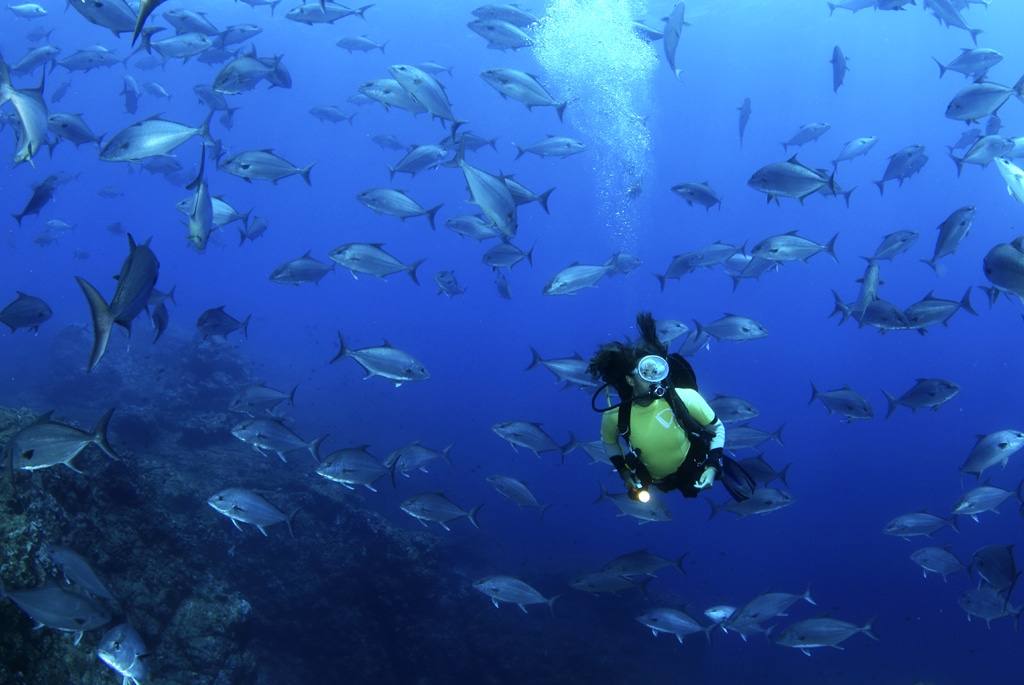The Regional Secretary of the Sea, Science and Technology stated that “it is a very important recognition that the Region is considered a ‘Hope Spot’ or a place of hope in the project of biologist Sylvia Earle, known worldwide”, stressing, in this sense, “ the work of several researchers from the Okeanos Research Center and the Azores Sea Observatory, with the involvement of the Regional Government. ”
Gui Menezes was speaking this afternoon in Horta during the press conference announcing the Azores ‘Hope Spot’ rating of the Mission Blue Foundation – Sylvia Earle Alliance.
According to Gui Menezes, the issue is the appointment “not of a small portion of the Azores Sea, but of the entire maritime territory” of the archipelago.
Hope Spots are places considered critical to ocean health, and through this project are selected locations around the world whose communities are supported in promoting actions aimed at protecting the oceans.
“It is often citizens and communities who propose certain ‘places of hope’ for the sustainable management of the oceans and for the defense of biodiversity,” said the Regional Secretary.
According to the official, this is “a way to motivate and raise citizens’ attention to the importance of the oceans in our lives and the need to protect them”.
Gui Menezes argued that the Azores “are, in fact, a special site that maintains some integrity in terms of biodiversity, and are also a unique site in terms of scientific discovery potential and deep sea knowledge”.
“This is another source of pride, and we should enjoy the notoriety of the Azores in this area,” he said.
The Regional Secretary stressed that “the next two years will be decisive for the Azores in the sea area”, stressing that the Azorean Executive is preparing management plans for marine protected areas, “which are currently undergoing a review work ”and the Maritime Spatial Planning Plan is also being prepared.
According to Gui Menezes, this work “will be very important for the issues of sea management, the reconciliation of the various uses we make of the sea, and also for the issues of biodiversity conservation.”
“We need to be cautious so we don’t make mistakes that others have already made,” he said.
The official also highlighted the project ‘Blue Azores’, in partnership with the Blue Ocean Foundation and the Waitt Foundation & Institute, whose memorandum of understanding was signed in February this year, where a commitment was made in the coming years to 15% of the project. Azores Sea to be protected areas.
“This is a very relevant project not only for the Azores, but for the country and the world,” he said, stressing the importance of involving schools and younger generations in ocean literacy issues.
In this sense, under the ‘Blue Azores’, the Educate for a Blue Generation program focusing on conservation and sustainable use of marine resources is being implemented in the Region, with the support of the Azorean Executive.
The program allows to address, in school context, eight fundamental areas of knowledge about the ocean, across several subjects such as literature, ecology, law, strategy, geography, economics, history, physics and chemistry, and answers questions posed by children, like ‘Why is the ocean important?’, ‘Who owns the ocean?’ or ‘Why is the Azores Sea special?’
“We can be an example and a strong motivation to pursue the objectives of ocean conservation,” says the Regional Secretary.
American biologist Sylvia Earle, who they have already called “Jane Goodall of the Oceans”, was in Horta on the occasion of the annual meeting of her project “Mission Blue Foundation – Sylvia Earle Alliance”.

